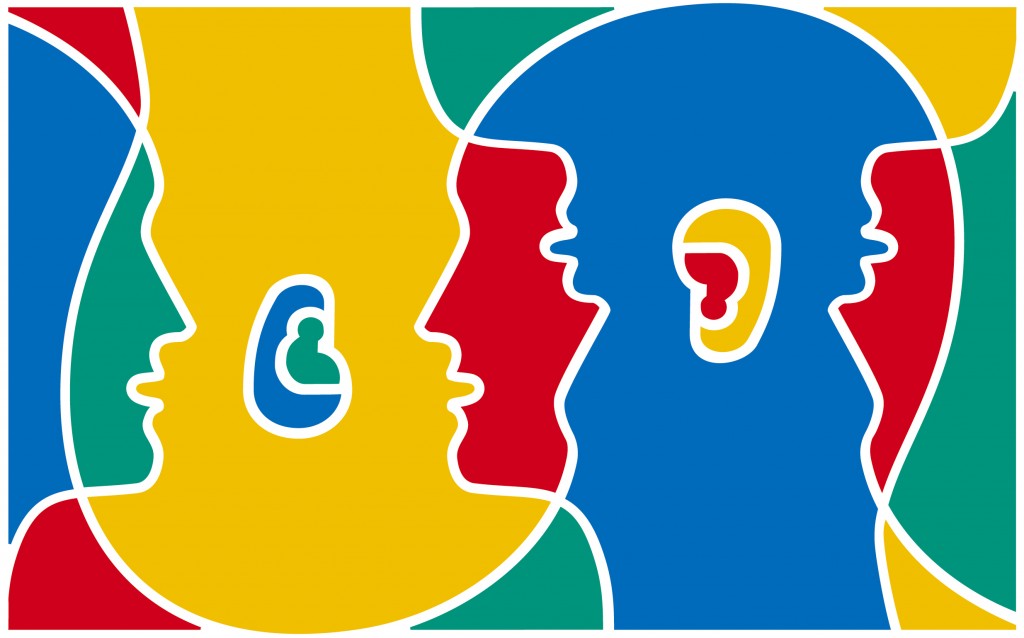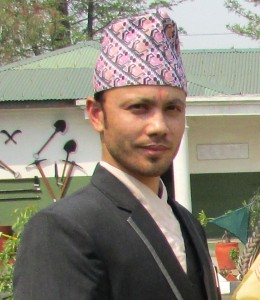
Editorial
English teachers should initiate discussion on rationales of English medium of instruction
It is common to experience different issues in teaching-learning process in educational institutions, which is not desirable but inevitable. Most of the problems can be solved through an effective communication and discussion among the team.
One of the key issues in our educational institution now is the appropriate use and practice of language/s both as a medium of instruction and access of children’s mother tongue in teaching learning. Before addressing the issue of mother tongue based multilingual education, there has arisen another key issue in teaching learning, which is the increasing use of English as a medium of instruction in our multicultural and multilingual classes. And the interesting thing is the practice of English medium instruction is merely guided by a statement in policy, which states that “the medium of instruction at school level can be Nepali, English or both. However, Mother tongue can be used up to basic level and the same language should be used for a language subject.” There is no any other policy guidelines to systematise this practice. Schools are imitating each others and the practice is increasing. In this backdrop, the communities, local governing bodies and teachers as local executives should also play an important role to make a wise decision on the language practice in the educational setting. An initiation from a teacher also can make a big difference. Therefore, teachers, especially English teachers should initiate effective communication and discussion among the team to avoid the situation from getting worse because they know more about English language and its limitation.
In the context of Nepal, the increasing shift to the English as a Medium of Instruction (EMI) seems to be guided by two major factors. First, to stop the transfer of students to private boarding school and increase students in community school. Second, the belief that the English language proficiency of students can be enhanced by teaching all subjects in English medium.
There are several other factors behind the distrust of parents towards community schools, resulting the decrease in number of students. Merely introducing English medium instruction does not solve the problems but its impacts can further deteriorate the condition of school. On the other hand, schools and parents believe that the teaching all academic subjects in English can improve the language proficiency of students. But are schools only English language teaching centres? Or they have roles to deliver the academic contents effectively to students as set by curriculum. Can the existing teachers deliver the contents effectively in the new language? Are students ready for that? Most importantly, is it necessary to deliver all academic contents in English language from primary level? What is the rationale behind it? What do the researches suggest?
We, therefore, need to consider several important questions before making the decisions of language shift in schools. It is very important decision, which can affect the future of children and society but schools are taking it very lightly.
As an English teacher, we can do something to rethink and review this practice. Firstly, we ourselves should be clear that language is just a medium to deliver the information, knowledge and skills. Therefore, the medium of instruction should be the language in which both the students and teachers feel comfortable. It has been huge challenge even for teachers of English to teach English effectively around the nation and how can other teachers teach academic subjects (well packed with contents) effectively to students? Therefore, let’s teach English language subject effectively first. If only English language is taught effectively, students can achieve a level of conversational English. In the name of EMI, actually parents are asking for a workable conversational English, which is possible through effective teaching of the English language. It is not necessary to make such a big shift to attain this purpose. As an English teacher, if we only can clarify these illusions in our school management and school family, it could avoid the random practice and decisions regarding the medium of instruction.
And presenting you the June issue for you, we have tired to re/start the discussion on the language planning, policy and language practices. This issue is packaged with language planning and policy, language in education, professional development and general thoughts on education. The following lines will guide you to select the writing in the area of your interest:
In the first post, Kumar Narayan Shrestha talks about language planning and policy, and its process, and also reviews the language planning and policy of Nepal.
Similarly, Gyanendra Kumar Yadav explores the actual language practice and the issues related to language policy and English language teaching (ELT) in Nepal.
Likewise, a PhD scholar Karna Rana, shares the global need of multilingual citizens and rationales for education in children’s mother tongue.
In an exclusive interview, Dr. Prem Phyak shares his insights on the effective approach to language planning and policy analyzing the flaws in the existing language planning and policy. Similarly, he also shares the possible approach in language in education and multi-lingualism and evaluates ELT in Nepal.
In another post, to present you a different taste, Dr. Shyam Sharma urges us to reframe our perspectives and look the realities through positive lens and encourages everyone to take action from their level for language policy and quality education for all.
In the last but the not the least post, Shikha Gurung shares how teachers can continue their professional development through the three dimensional act of reflection, research and networking.
Here is the complete list of the posts in this issue:
- Language Planning in Nepal: A Bird’s Eye View: by Kumar Narayan Shrestha
- Language Practices and Food for Thought for Language Policy Makers: by Gyanendra Kumar Yadav
- So What, If Not Mother Tongue?: by Karna Rana
- Language Planning and Policy Should Embrace Inclusive and Co-learning Practices: Dr. Phyak: by Prem Phyak
- Beyond Beating Dead Horses: by Shyam Sharma
- A Three Dimensional Approach to Professional Development of English Language Teachers in Nepal: by Shikha Gurung
Finally, I would like to thank Karna Rana for his rigorous support in reading and editing. Likewise, I am thankful to Ashok Raj Khati and Praveen Kumar Yadav for their support to release this issue. Similarly, special thank goes to all the contributors of the issue.
Read, comment, share and write your own practices and send to us at 2elt.choutari@gmail.com
Happy reading!

the Editor of the issue
